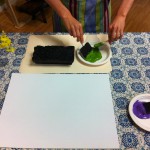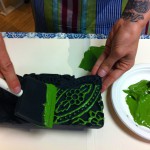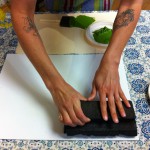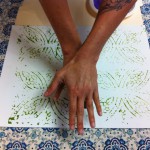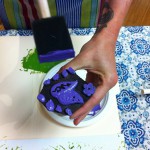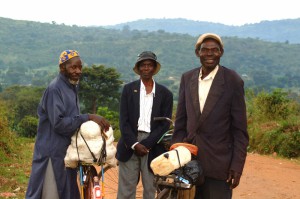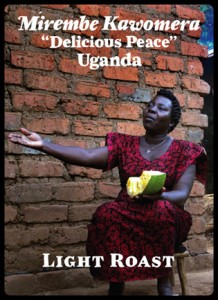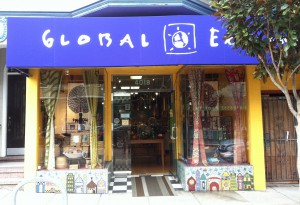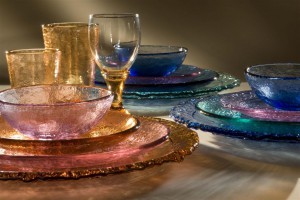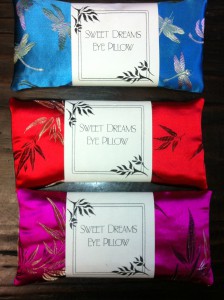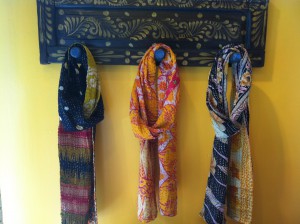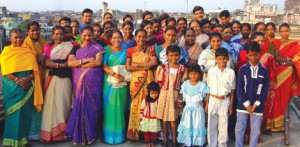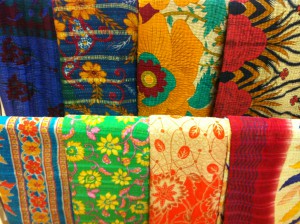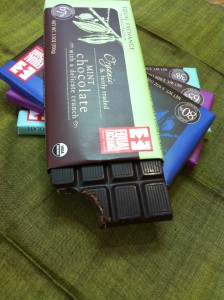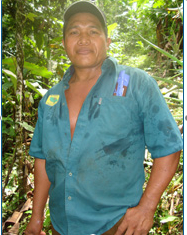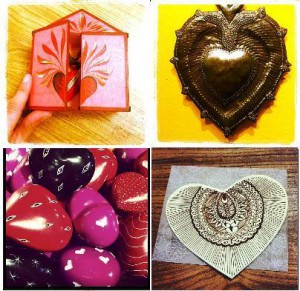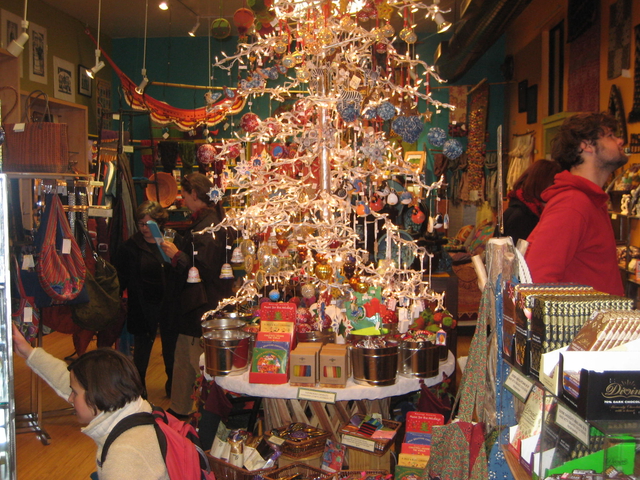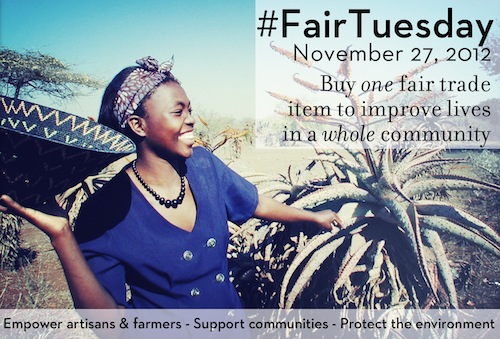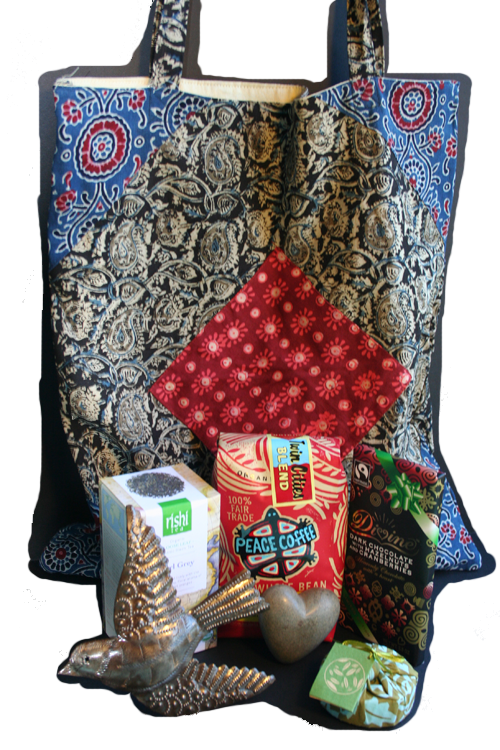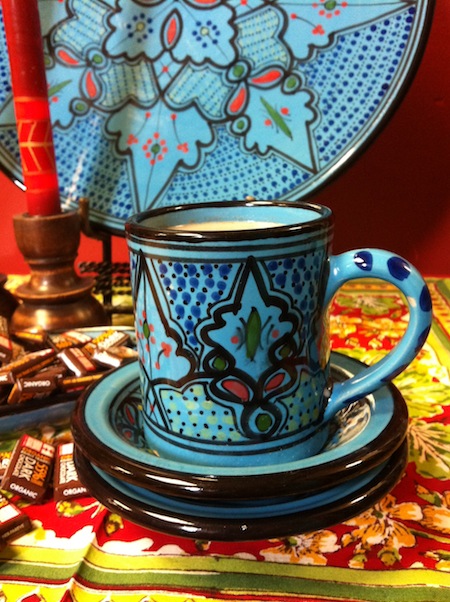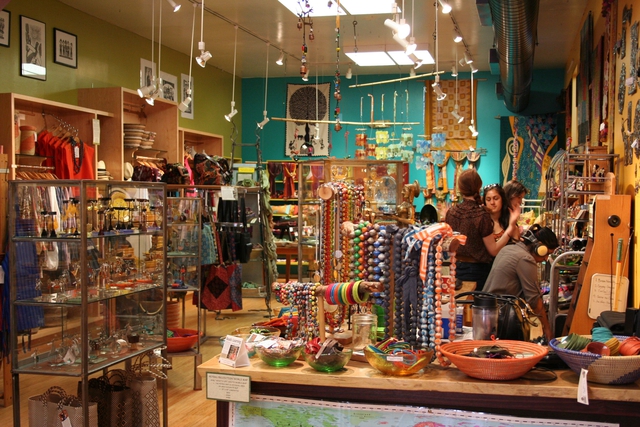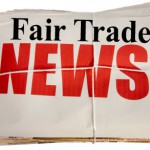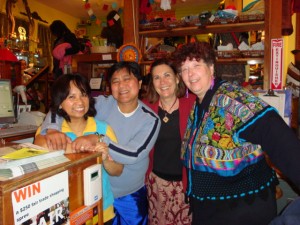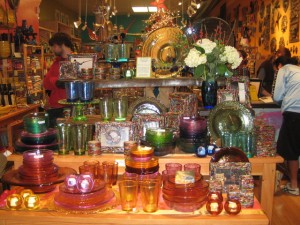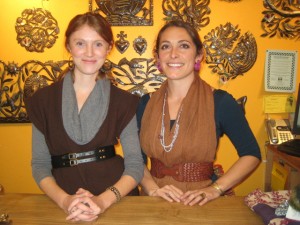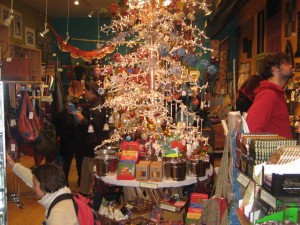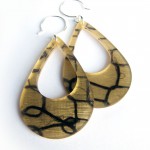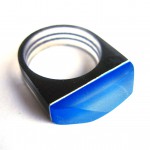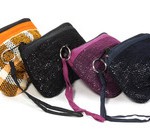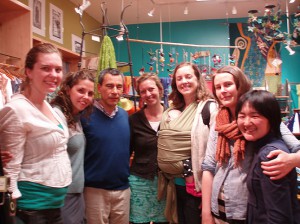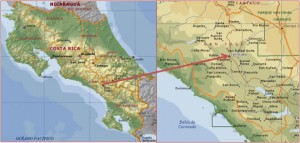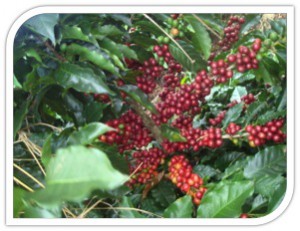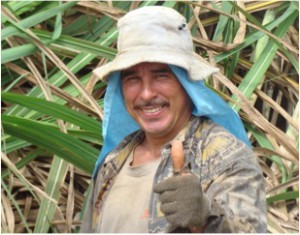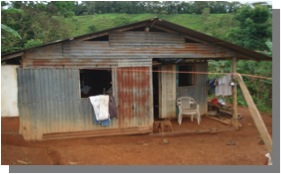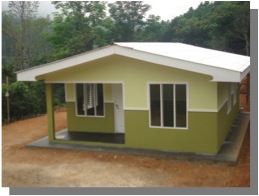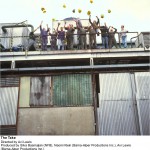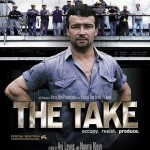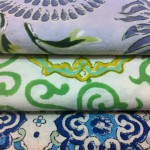 Nothing says spring like a new tablecloth! I love when the weather warms, the days become longer and I change my kitchen tablecloth from her winter wear of crimson floral, into something lighter…I have a bright, teal paisley or an intricate, indigo mandala pattern to choose from. Which one would you choose?
Nothing says spring like a new tablecloth! I love when the weather warms, the days become longer and I change my kitchen tablecloth from her winter wear of crimson floral, into something lighter…I have a bright, teal paisley or an intricate, indigo mandala pattern to choose from. Which one would you choose?
A simple changing of my tablecloth transforms my home and welcomes spring. My tablecloths are from Natural Habitat. Hand block printed (in Bajur, India), the intricate details are perfectly imperfect, reminding me of the human hands that made them. You can see and feel the layers of natural dye and individuality in each cloth. Do imperfections bother you?
Sitting at my table, looking down at the fabric, I can’t help but wonder… Could I have made this? How difficult can block printing be? I just so happen to have some beautiful blocks, fabric paint, paintbrushes and canvas ….so here I go!
After organizing my supplies and visualizing my masterpiece, I’m ready to start!
Step 1: I apply a thin layer of paint evenly to the block.
* Something cool I learned about the wood blocks is that in India, families of the block printing tradition save the blocks carved by master carvers from generations past for future use. Some blocks used to print cloth today are thousands of years old.
Step 2: I place my block on the canvas and apply pressure, actually all my weight, and a slight rocking motion.
Step 3: I release my weight , lift carefully, and see what it looks like!
* You can tell if something is hand printed with blocks if the layers of color are imperfect, this imperfection is clearly demonstrated by me.
Step 4: Repeat, repeat, repeat.
Step 5: I add a new block with a different color.
Step 6: Finished. Wow! I love it!! I did not anticipate the circles but no surprise it does not look like the ones from Natural Habitat. This process is easy in theory, but challenging in application. Let me know if you have any block printing secrets….
For me, block print textiles bring the warmth of a long standing tradition and an artistic feel into the modern interior of my home. Each piece is a work of art. Natural Habitat uses traditional block printing techniques and ecologically responsible production. The artisans combine delicate design with bright, bold color stories. The geometric patterns take on both masculine and feminine personalities and the cotton feels soft and has such a nice weight. Come into our Global Exchange stores and feel for yourself ! I have such an appreciation of the time and artistic foresight the Natural Habitat artisans put into their table wear and bedding. I am happy to know that this tradition is still alive.
Today was my first attempt at block printing, I found the art form meditative and rewarding. For me this was a small introduction to block printing, next time I want to make something more substantial. I like the elephant block and maybe I will print on pillow cases or curtains? What do you think? Come by the store and we can make something together!

